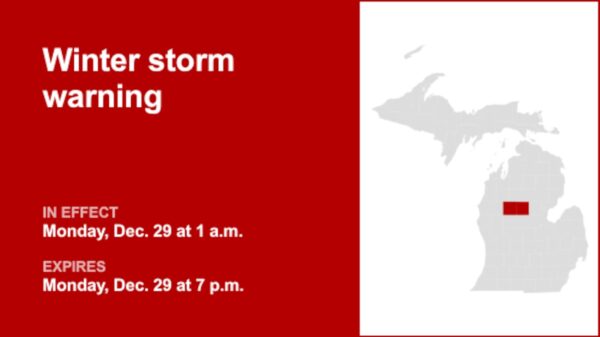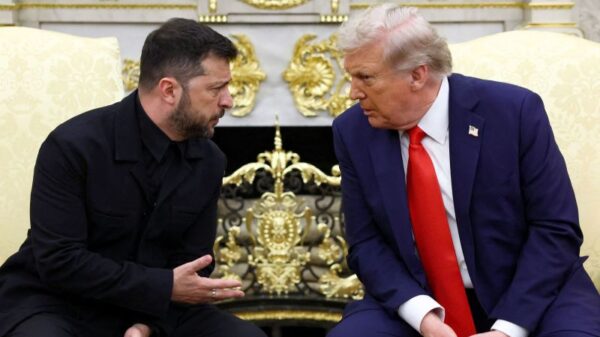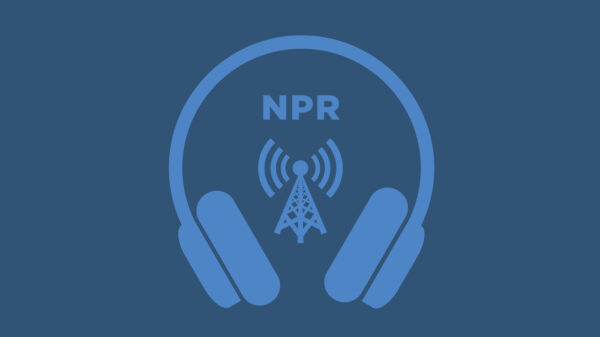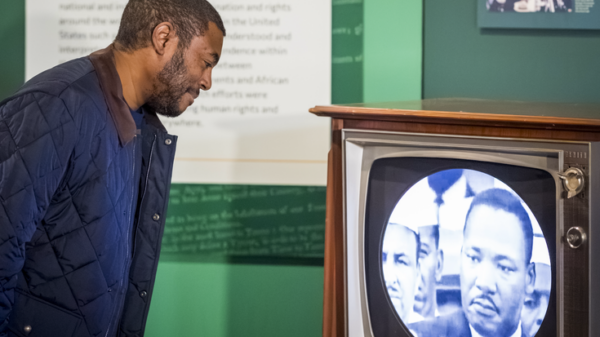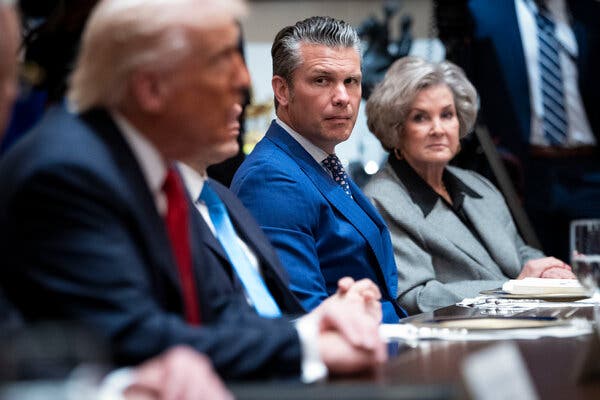UPDATE: The U.S. military has confirmed that a strike in the Caribbean Sea killed six people aboard a boat linked to drug trafficking group Tren de Aragua, according to Defense Secretary Pete Hegseth. The operation, which occurred overnight, raises the total death toll from the Trump administration’s military campaign against suspected drug smuggling to 43 individuals across ten strikes.
This latest attack is part of a controversial and escalating military initiative aimed at combating drug trafficking from South America. Hegseth stated that the boat was operating in international waters and emphasized the administration’s commitment to treating drug traffickers as combatants. He declared, “If you are a narco-terrorist smuggling drugs in our hemisphere, we will treat you like we treat Al-Qaeda.”
The implications of this strike are significant. With 80,000 Americans dying from drug overdoses last year, the administration argues that military action is justified to save lives. Hegseth claimed that destroying these boats could potentially save 25,000 lives each time. However, legal experts have raised serious concerns over the legality of targeting individuals suspected of drug trafficking without evidence they are directly involved in hostilities.
The operation has faced scrutiny, as critics argue it may violate both domestic and international law by targeting civilians who are not actively engaged in combat. The Trump administration asserts that it is in a state of armed conflict with drug cartels, which it has designated as terrorist organizations. However, this designation has been disputed, as traditional definitions of terrorism involve ideological motivations rather than profit-driven motives.
Hegseth’s announcement follows a series of strikes, including operations on September 2 and September 15, which have drawn international criticism. Colombian President Gustavo Petro condemned the U.S. strike on September 15, claiming one of the deceased was a Colombian fisherman, highlighting the collateral damage of such military actions.
As the Trump administration continues its military campaign, the focus remains on the broader implications for U.S. foreign policy in the region. This operation reflects an aggressive strategy against drug cartels, particularly those operating out of Venezuela, which the U.S. has accused of supporting drug trafficking.
The next steps in this military initiative remain to be seen, as the administration considers further operations and possibly extending the scope of its campaign. The situation is developing rapidly, and further strikes could be imminent, raising questions about the legality and humanitarian impact of these actions.
Stay tuned for updates as this story unfolds.



